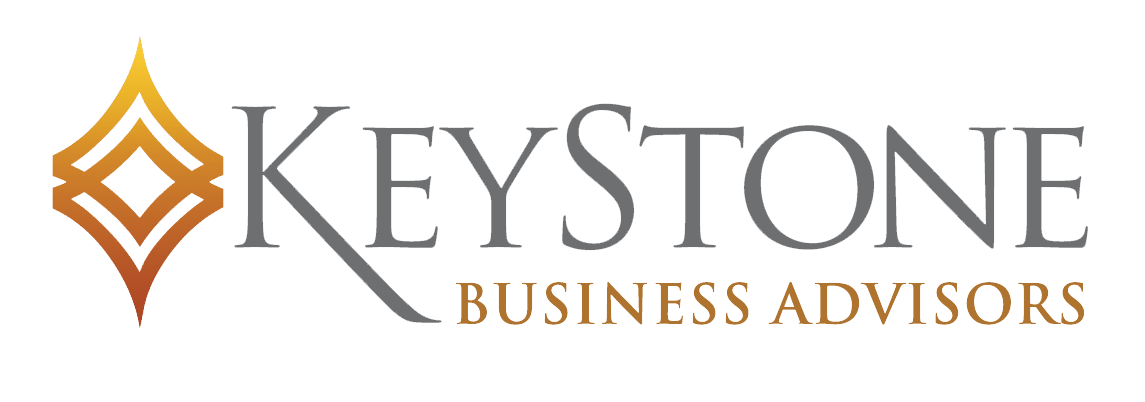Difference between real risk and perceived risk and its effect on the price of a business
In a previous blog, we discussed briefly how risk can be shifted between the buyer and seller during negotiations to achieve the desired price. Visualize with me for a moment; every deal has a big bucket of risk and each deal has a different size bucket. That bucket is filled with perceived risk and real risk. At the closing table, the risk is going to be poured out between the buyer and seller. A deal where no risk is poured in the seller’s cup would be an all cash deal. A good example of a deal where very little risk is taken by the buyer might be one that includes a small down payment and the rest being paid out over 10 years. These examples would indicate prices that reach into the far ends of the spectrum.
An all cash offer is the least risky offer to a seller, but the most risky offer to the buyer. As price gets higher a buyer will typically lengthen the time to pay the seller, or make the price contingent on the performance of the business. Keeping the seller involved is another way to lower the risk. The basic rule of thumb is (more…)
Read MoreHow to evaluate an offer when selling your business?
Have you heard the term “You set the price, I’ll set the terms”? The crux of this quote is simply reinforcement that when negotiating a deal, the two elements are inseparably connected. For this article, we will be referring to business transactions between $1M and $20M in selling price.
It is a compelling idea for a business owner selling his or her business to ask for the best of both worlds, which would be highest price at best terms. However, in practice, it is common that you will need to flexible on one to achieve the other. What we have discovered in our years of helping small business owners through the complex selling process, is the idea that business owners seem to be more focused on the price while the buyers are typically more concerned with the terms. I would not say that either party necessarily verbalizes this, or even consciously acknowledges it, however by our own empirical observations; it seems to be the case. Albeit an interesting concept, this begs the question; “what do we learn from this?”
Below are five nuggets of value that every business owner should have before going to the table with a buyer.
- There is no typical deal structure:
There are a million ways to skin the cat and structuring business transactions is no different. However, there are some very common starting points; that every seller should understand. A common starting point for most buyers would most likely constitute some portion of cash at closing and some portion of a seller’s note or “carry back”. It is not uncommon to hold a note of 30% to 50%. Seller financing is typically used to widen the number of interested buyers as well as increase the overall selling price of the business. If you are not willing to finance at least some of the price, the result will (more…)
Read MoreIs Earnest Money required when selling a business?
Is earnest money or a breakup fee required when selling or buying a small business? The answer to this question may surprise you depending on who you are. If you talk to a business seller or a business buyer, they may answer you the same, however as you dig in a little more into their answer you will see a glaring difference in the answer. A business seller will have a very different perspective from the business buyer.
Sometimes these terms are used interchangeably; however, there is actually a significant difference between an earnest money deposit and a breakup fee, and a good understanding of both and why they are used will help answer the question posed in the title of this article.
First, let us define these terms.
Earnest Money
Is a deposit made to a seller showing the buyer’s good faith in a transaction. Earnest money is typically held jointly by the seller and buyer in a trust or escrow account, and has its origins in the real estate world. An earnest money deposit shows the seller that a buyer is serious about purchasing the business. When the transaction is finalized, the funds are put toward the buyer’s down payment. If the deal falls through, the buyer may not be able to reclaim the deposit. Typically, if the seller terminates the deal, the earnest money will be returned to the buyer. When the buyer is responsible for retracting the offer, the seller will usually be awarded the money.* (more…)
Read More